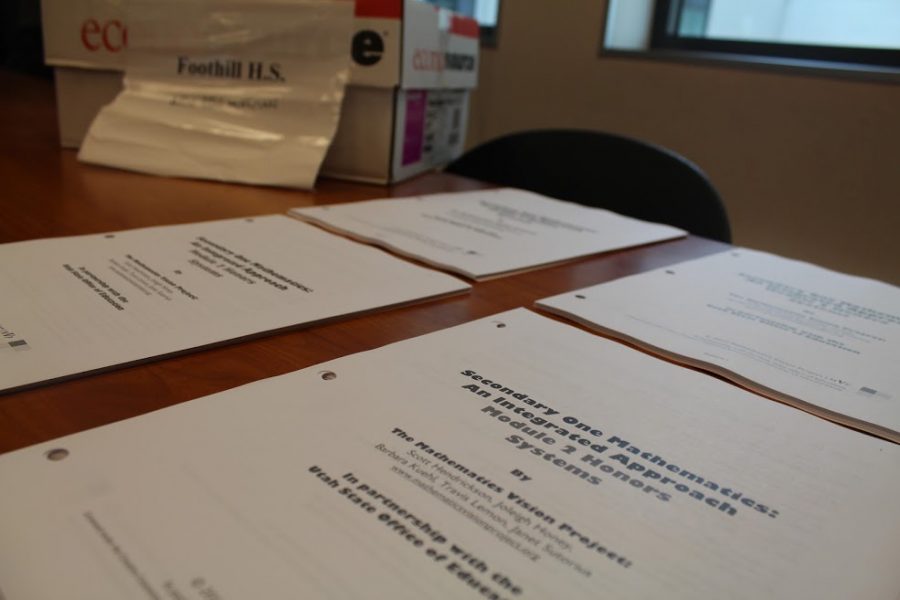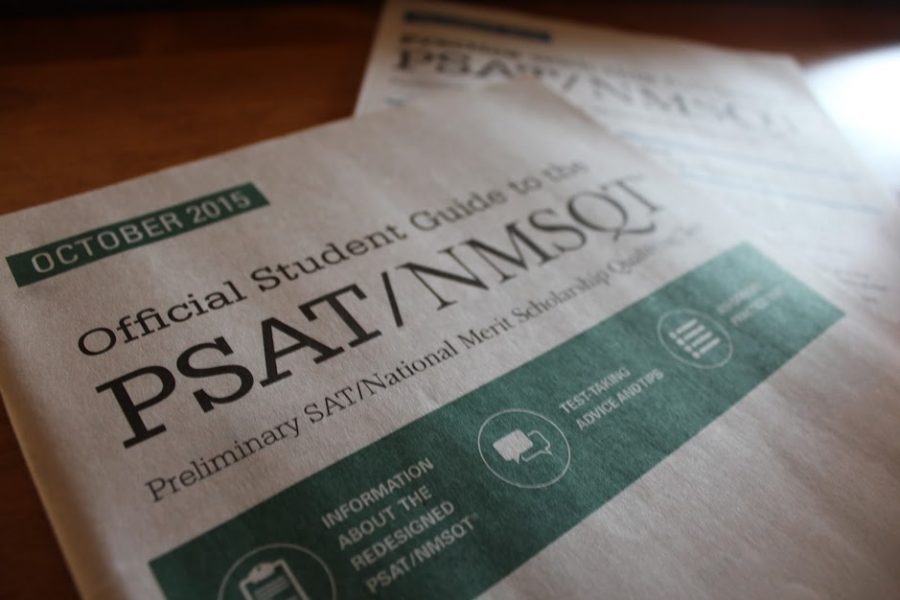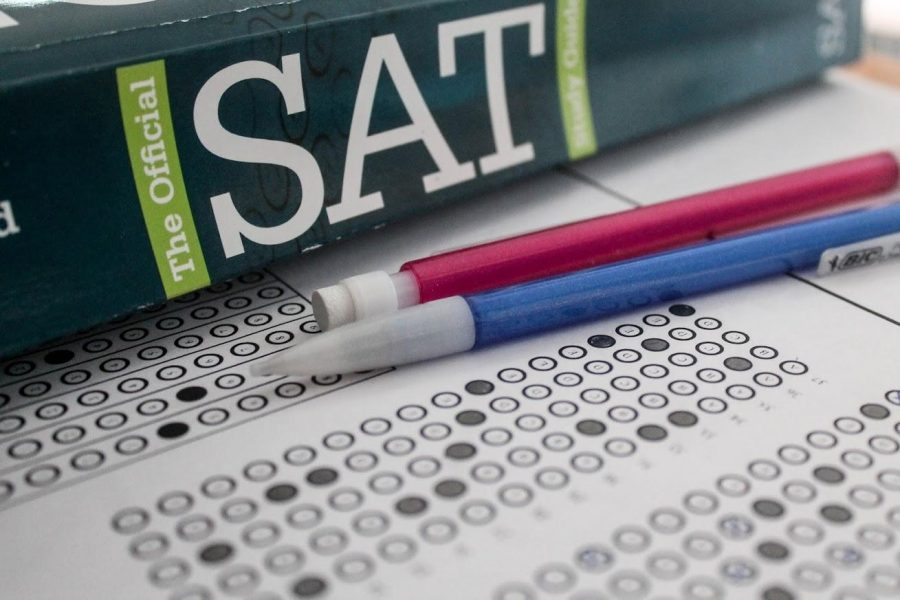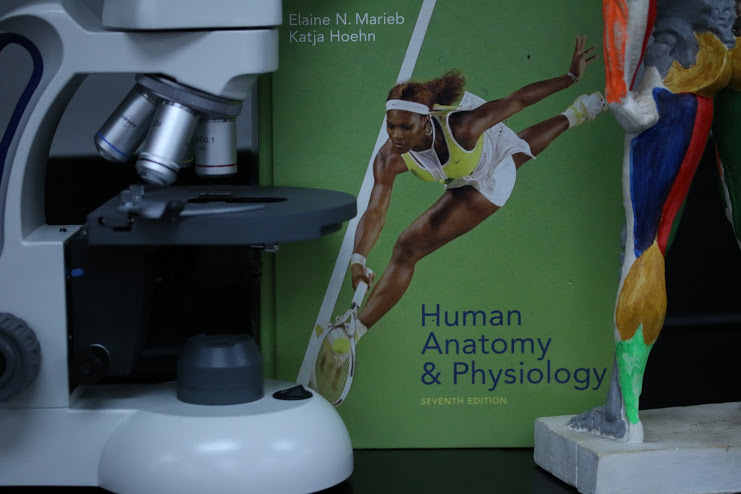On Tuesday, Sept. 22, the Ventura Unified School District’s Board of Education, at their bimonthly meeting at City Hall, discussed a rising problem in the district – the insufficiency of instructional materials for core classes. Core classes include mathematics, science, history/social science, English/language arts, foreign language and health.
Many parents and students were upset with the inadequate materials provided to the students.
A resolution was passed that the district will adopt more sufficient instructional materials in these areas.
Ventura Unified required to provide instructional materials
According to the Williams Act passed in 2004 by the California Department of Education, school districts must annually determine if they are providing sufficient instructional materials to their students by the eighth week of the school year.
This may include textbooks, electronic texts or other instructional materials, but may not include photocopied portions of a textbook in substitution for a lack of materials. Additionally, these materials must be accessible by the student at school and at home.
Several students, parents and teachers alike who were interviewed are unhappy with the current materials the district has provided the students, particularly in the Math Vision Project (MVP) system.
In this system, students complete in-class tasks that are guided by the teacher, but must be explored and solved by the students to help them develop a deeper understanding of the math topic. The students are then provided with modules, which are copies of each chapter that explain the standards and have some problems.
The current classroom situation
Sophomore Eden Hoover explained her perspective on the situation.
“They’re trying this new thing where they’re trying to get you to figure it out on your own, not have any help, and then apparently that’s supposed to help you to figure it out better,” Hoover said.
“But, I think it’s really horrible, only because it’s better to have the teacher show you so then you can, you know, practice it and practice it until you get it right instead of figuring it out on your own because maybe sometimes you’ll never figure it out.”
Board of Education member John Walker has a different perspective.
In an email to the Dragon Press, he wrote that Common Core “requires students to think beyond simple sequential problem-solving and dig deeper into problem-solving. I happen to think that is a good thing.”
“However, if we are going to do that as a nation, let’s make sure our students are adequately equipped in that process.”
After participating in the in-class task, students are given “Ready, Set, Go!” homework assignments, which correspond with the lesson from that day.
The “Ready” section prepares the student for the new material. The “Set” section provides the students with an opportunity to practice the skills learned, and the “Go!” section helps students retain the lesson by applying the concepts to new situations.
However, the modules do not contain instructions for each topic or answer keys, which is the main concern of many students, parents, and teachers. Students have had to rely on outside sources for help with homework.
The MVP website states that when students need additional help with homework assignments, they should search the topic on the internet or on YouTube.
Ventura Unified Superintendent Michael Babb explained his view on the topic.
[soundcloud url=”https://api.soundcloud.com/tracks/225491536″ params=”color=ff0000&auto_play=false&hide_related=false&show_comments=true&show_user=true&show_reposts=false” width=”100%” height=”166″ iframe=”true” /]
Several parents who were interviewed also believe this lack of instructional material provided by the school is an issue and expressed their concern at Tuesday’s meeting.
In regards to what resources they have resorted to, one parent, who wished to remain anonymous, replied “YouTube. YouTube videos put on by high school students.”
She explains that she doesn’t believe the internet is reliable enough, and also that she doesn’t want her child to be going on websites that may display ads and other distractions while they should be focused.
Current materials not accessible to students without internet
Another concern that was expressed regarding the use of the internet as an instructional resource is the fact that not all students have access to it both at home and at school. Accessibility at home is a requirement in the Williams Act.
However, the Act does allow for instructional materials in a digital format.
Barbara Fitzgerald, Vice President of the Board of Education, said that it is their responsibility “to make sure that we’re not being unfair to any child that may not have the internet at home, and to make sure that we’re not making it so that some child can’t learn.”
Walker believes the main issue is the accessibility of materials.
“I am not suggesting that the book or instructional material is out of compliance in terms of presenting the state standards, but rather it is short on making instructional materials available to all,” Walker wrote in an email to the Dragon Press.
After the passing of the resolution to approve more sufficient instructional materials, students will now have more resources to refer to when doing their homework at home and at school, such as a textbook.
While this is one step in support of the students, some parents still believe the amount of materials provided to their students is inadequate.
One student’s parent, who wished to remain anonymous, said, “I guess I’m going to have to call the district every day and say I’m waiting for the supplementary curriculum materials.”
Featured Image Credit: Carrie Coonan/The Foothill Dragon Press















ceulau • Oct 2, 2015 at 3:00 pm
Great job Acacia. You explained the MVP program and the issues surrounding very very well. The quotes reflected a variety of people as well.